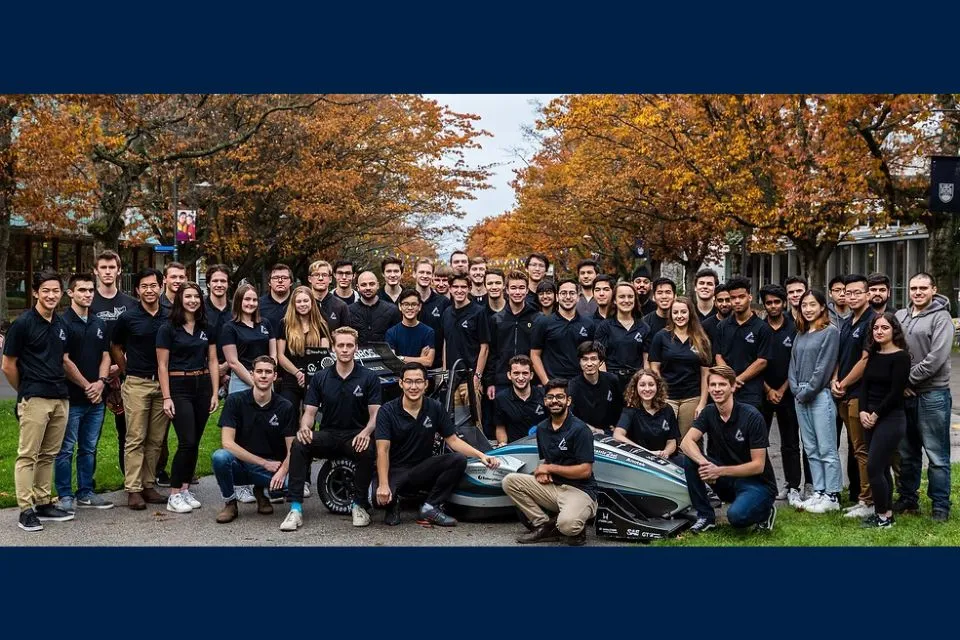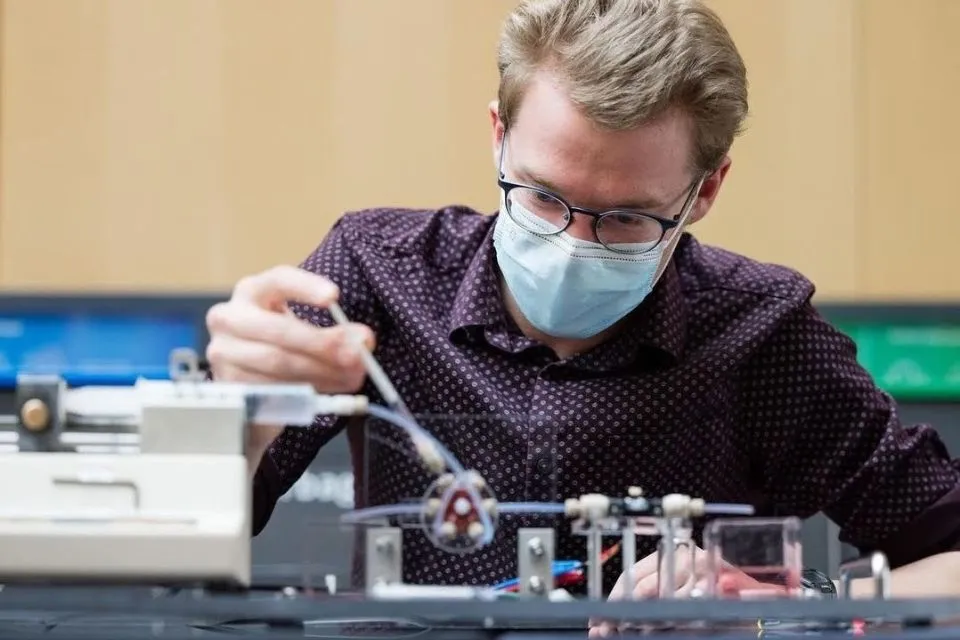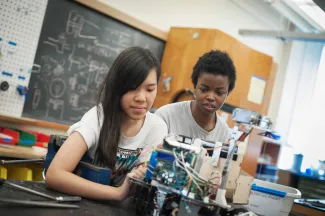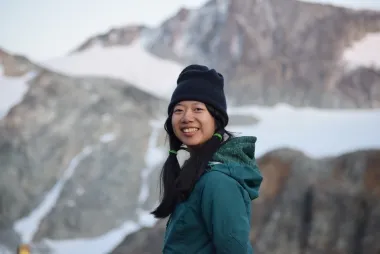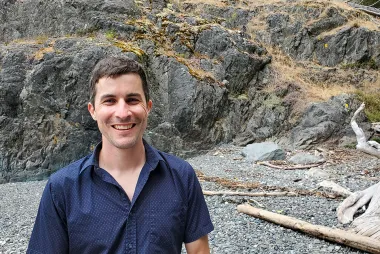“Keep one eye on the details and the other on the big picture. Only when both are correct can the best results be achieved.”

Lewis Arnold
- Degree: Bachelor of Applied Science
- Grad year: 2023
- Program:
- Campus: Vancouver
Why did you choose to study Engineering Physics?
I chose Engineering Physics because of its focus on both the fundamentals and the results of engineering projects (the details and the big picture). The academic rigor of the program encourages deep thinking and mastery of engineering and science. On the other hand, the program’s culture encourages big thinking about the power of engineering and how it can be used. It was ultimately the program’s explicit encouragement of creativity and innovation, especially in entrepreneurial settings, that drew me in.
How are you applying the skills you learned through your studies at UBC?
I’ve sought out projects where I can apply the technical skills I learn in class to important problems in our community. One such project was working on a remote wildfire monitoring system at the UBCO campus. The research uses Internet of Things devices to monitor forest conditions and assess the fire risk in real time. It was fulfilling to see how technical engineering skills, such as designing circuits and writing firmware, could be used to make a tangible impact on an important problem in our community.
What advice would you give an incoming engineering student?
I encourage incoming students to think broadly about how their degrees can be used. The same degree can open up opportunities in many countries, industries and career paths. Graduates from Engineering Physics, for example, have succeeded in many fields, including entrepreneurship, law, education and numerous technical disciplines. Make sure to keep an open mind and look broadly for interesting opportunities you didn’t even know existed!
How did your studies in the Faculty of Applied Science prepare you for the future of work?
The co-op program has been phenomenal for gaining professional work experience and learning to adapt to a changing work environment. Since some of my co-op terms occurred during the pandemic, I gained experience adapting quickly to a changing work environment and using new tools. The opportunities to work in research environments and large companies and in Vancouver and abroad helped me experience many different work environments.
